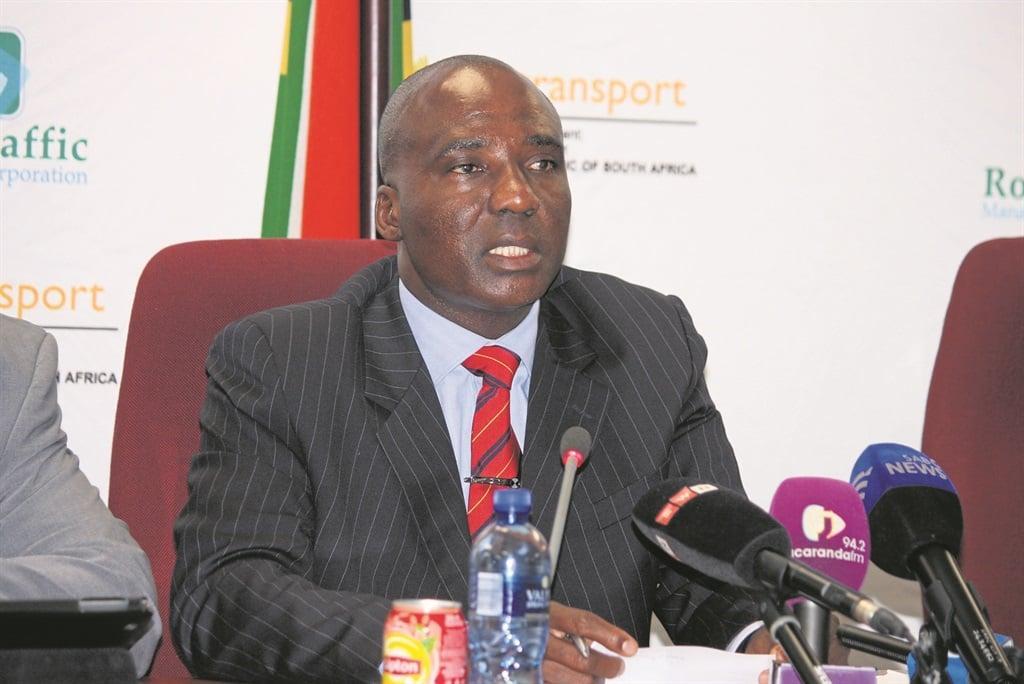Africa-Press – South-Africa. Transnet made a plea to Parliament’s Standing Committee on Finance on Wednesday for a “more flexible” procurement law for the key state-owned companies, arguing that Treasury rules have made them uncompetitive and led to higher prices for goods and services.
The company was one of a wide range of organisations that have made submissions on the Public Procurement Bill, which was tabled in Parliament in June.
The bill seeks to create a unified procurement framework across state entities, which must be used to formulate their procurement policy. It creates a Public Procurement Office in the Treasury, sets transparency standards, and provides preferential procurement to promote transformation.
Preferential procurement measures require state entities to develop a points-scoring system to promote previously disadvantaged groups in winning tenders. Preference must also apply to goods and services that are locally produced. The policy must include measures to set aside certain tenders for designated groups to ensure subcontracting and the participation of small and township-based businesses.
Transnet officials told MPs that current procurement laws had made it difficult to source material directly from original equipment manufacturers due to localisation requirements and other prescripts that “have resulted in Transnet contracting with ‘middlemen’ that add a high markup resulting in increased acquisition costs.”
While private companies were only required to comply with the Companies Act, state-owned companies had to comply with various public sector laws and directives, which made them unable “to effectively compete with the private sector”. The amount of regulation and noncompliance risk also made it difficult to attract top supply chain management.
Requirements for “set-asides” and subcontracting, which are included in the new bill and are widely used by the construction industry, have also caused difficulties by creating expectations from communities that Transnet would do the same. It said this has led to violent community protests targeted at Transnet infrastructure and operations.
It recommended that instead of a prescriptive system of preferential procurement, the bill should set out a “uniform, minimum framework” for the large state-owned network industries and that they then be allowed to design their own policies.
But while Transnet called for lighter regulation of public and preferential procurement, most organisations that made submissions on Wednesday called for the opposite, suggesting that less should be left to discretion and that more should be prescribed by the law.
Said Cosatu:
Calls for less discretion through ministerial regulations were made by Corruption Watch, the investigative journalism unit amaBhungane, and the Budget Justice Coalition, a group of nongovernmental organisations.
Regulations on preferential procurement have resulted in much litigation, which has led to confusion, including the temporary suspension of all procurement by the Treasury.
Anti-corruption organisations also criticised the bill’s attempt at transparency, which they said did not go far enough. Amabhungane said that efforts should be made to ensure that “only legitimate commercially sensitive information” not be disclosed and that this be limited by specifying the point at which that information would become publicly available.
At the heart of the bill is the need to balance the constitutional imperatives for value for money and the requirement that state contracts be used to advance previously disadvantaged groups and other transformative goals.
While most submissions called for balancing the two, public submissions have also advocated for the two extremes. The Black Business Council, the Association for the Advancement of Black Accountants, and the SA Black Technical & Allied Careers organisation advocated for stronger preferential procurement measures. This would include a system requiring pre-qualification of all bids to meet transformation objectives. They also called for the bill to be extended to cover the private sector.
On the other hand, the Institute for Race Relations made the case for a procurement system based entirely on value for money, which it argued made the best use of the country’s limited resources to address social needs.
The bill left the “critical question unanswered of whether the primary intention of the Constitution is to procure goods at least cost or if the procurement system prioritises the (transformation objectives). There is an inevitable tension when a single process is simultaneously to achieve different aspirational objectives,” the IRR said.
For More News And Analysis About South-Africa Follow Africa-Press






